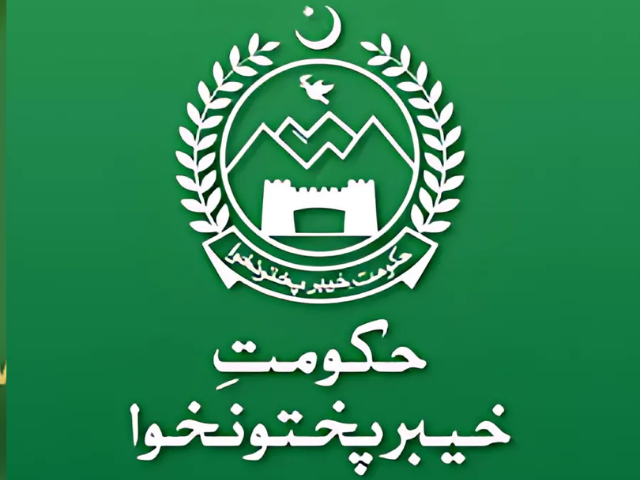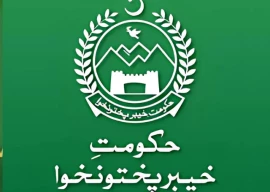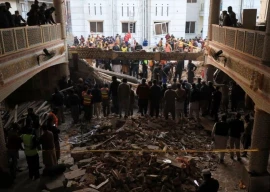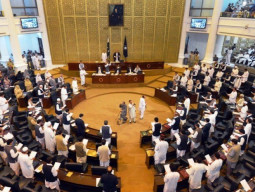
Khyber-Pakhtunkhwa has achieved a surplus of Rs103 billion in the first quarter of the fiscal year, far exceeding the target of Rs45 billion.
The provincial government has released a report on its performance over the past eight months, detailing key development projects. According to the report, 35% of the budget was allocated to health and education, which is even higher than the target set by the IMF.
The PTI flagship Sehat Card (Health Card) was reactivated, with Rs20 billion spent from March 2024 to date, and over 500,000 surgeries performed, reported by Express News.
The province allocated Rs20 billion for the purchase of wheat, while both Punjab and the federal government reduced their wheat procurement.
During Ramadan, Rs10,000 was provided to 850,000 eligible families, while Punjab provided ration bags worth Rs3,500, and Sindh provided Rs5,000 per family.
The provincial government allocated Rs4 billion for transformer repairs, Rs10 billion for providing free textbooks, and saved Rs4 billion through the recycling of books. A budget of Rs10 billion was also earmarked for free medicines this year.
K-P govt launches solarisation project to tackle electricity crisis
The Khyber Pakhtunkhwa government has launched a flagship solarisation project to tackle the ongoing electricity crisis in the province.
The initiative aims to transition both government buildings and underprivileged households to solar energy, with an estimated investment of 55 billion rupees, Express News reported.
Two separate memoranda of understanding (MOUs) have been signed for the projects between the Bank of Khyber and the Khyber Pakhtunkhwa Energy Development Organisation (KPEDO).
The signing ceremony, which took place on November 9, 2024, was attended by Chief Minister of Khyber Pakhtunkhwa, Ali Amin Khan Gandapur, who was the guest of honour.
Under the solarisation plan, all government buildings in the province—including hospitals, universities, colleges, police stations, jails, tube wells, and offices—will be equipped with solar power systems.
The estimated cost for solarising government buildings is Rs20 billion, with an initial focus on 13,000 buildings, at an estimated cost of Rs15 billion.
In addition to government buildings, the solarisation programme will also provide solar systems to 130,000 low-income households. The total cost for this initiative is approximately Rs35 billion.
The solar systems will be provided to families in both settled and merged districts, with 65,000 families receiving free systems, while the remaining 65,000 will receive systems at a 50% discount.

1731498679-0/BeFunky-collage-(54)1731498679-0-165x106.webp)
1731499159-0/diddy-(40)1731499159-0-165x106.webp)
1731485490-0/BeFunky-collage-(50)1731485490-0-165x106.webp)
















COMMENTS
Comments are moderated and generally will be posted if they are on-topic and not abusive.
For more information, please see our Comments FAQ